The European Union will prepare a law to make life easier for its green industry and back it up with state aid and a European Sovereignty Fund to keep businesses from moving to the United States, the head of the European Commission said on Tuesday at the World Economic Forum (WEF) in Davos.
Ursula von der Leyen said in a speech the steps would be part of the EU's Green Deal industrial plan to make Europe the home of clean technology and industrial innovation on the road to net-zero carbon emissions by 2050.
"To help make this happen, we will put forward a new Net-Zero Industry Act," she said.
"The aim will be to focus investment on strategic projects along the entire supply chain. We will especially look at how to simplify and fast-track permitting for new clean tech production sites," von der Leyen added.
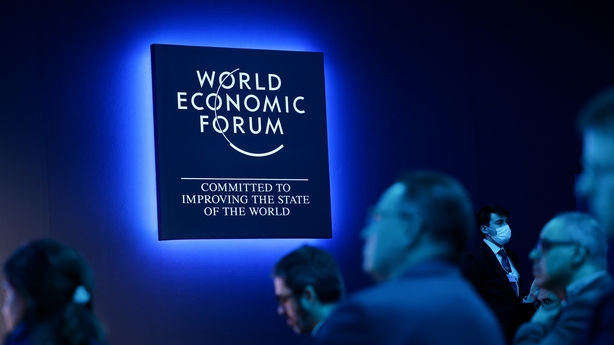
The EU is concerned that European companies will move to the United States, which has a $369 billion (€342 billion) scheme to subsidise green production.
"To keep European industry attractive, there is a need to be competitive with the offers and incentives that are currently available outside the EU," von der Leyen said.
"This is why we will propose to temporarily adapt our state aid rules to speed-up and simplify. Easier calculations. Simpler procedures. Accelerated approvals," she said.
But some EU members are concerned that more state aid will only create more problems for smaller countries because the biggest EU economies can afford much more support than others.
Out of €672 billion of state aid approved by the Commission this year, 53% was in Germany and 24% in France, with Italy accounting for 7%.
"I don't think massive new state aid models do anything good for Europe," Danish Economy Minister Troels Lund Poulsen said.
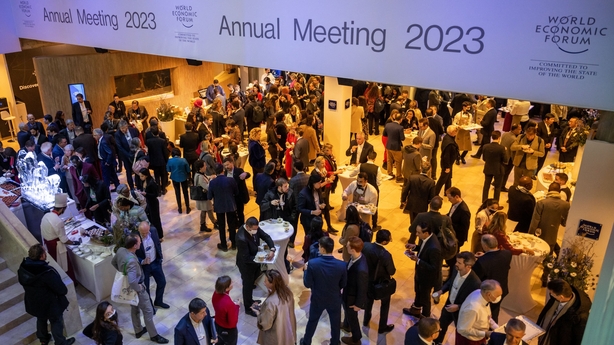
Von der Leyen noted that state aid alone could result in unfair competition and "fragmentation" of the EU single market, pointing to EU money as a solution.
"To avoid a fragmenting effect on the single market and to support the clean tech transition across the whole Union we must also step up EU funding.
"For the medium term, we will prepare a European Sovereignty Fund as part of the mid-term review of our budget later this year."
The plan was welcomed by several EU countries which were quick to underline the importance of EU funding to even the playing field.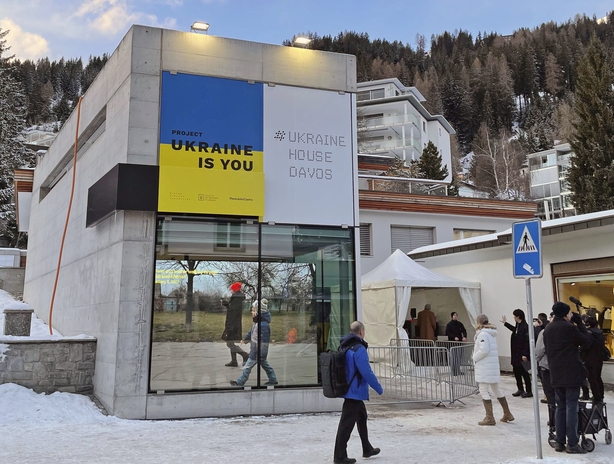
"It has to be implemented through European mechanisms that ensure equality within the European space," Portuguese Finance Minister Fernando Medina said.
"The smaller European countries cannot lose to the larger countries in an internal competition."
Italian Finance Minister Giancarlo Giorgetti said the EU financing scheme should be modelled on the bloc's existing €800 billion recovery fund, which offers grants and loans, and on the EU's loans-based SURE programme to support employment.
Von der Leyen did not give the size of the planned Sovereignty Fund, the idea she first floated in September.
Such a fund does not yet have the support of all EU governments, notably Germany.
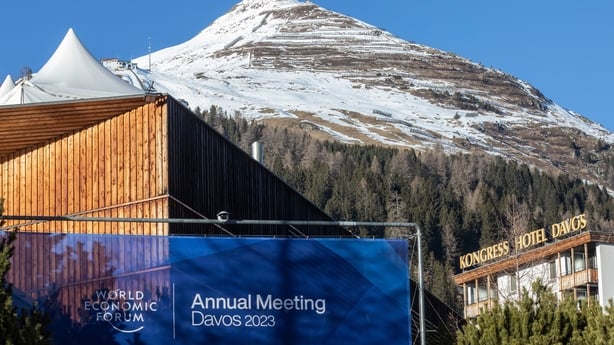
But von der Leyen said both the Sovereignty Fund, as well as an intermediate pool of cash that could be mobilised faster – a "bridging solution" - would offer both grants and loans in targeted support.
She said the Commission was now working on what the needs of the green industry were.
'Steadfast support to Ukraine'
The war in Ukraine remained a key topic of discussion at the WEF.
Ukrainian ministers, military leaders, mayors and soldiers form one of the largest national delegations as Kyiv lobbies for more weapons and financial support from the West.
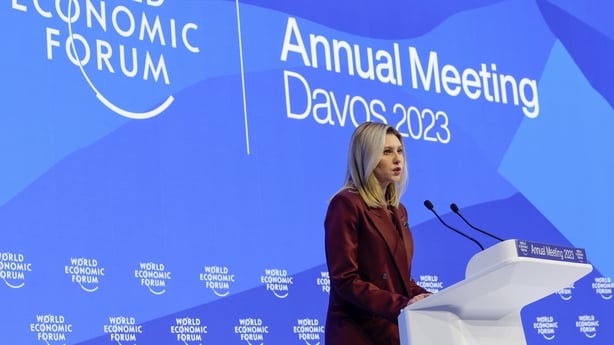
German Chancellor Olaf Scholz, who is set to appear in person on Wednesday in Davos, faced public pressure from his EU partners to authorise the export of German-made Leopard tanks to Ukraine.
"I like to play chess. You have to take the move and others will follow," Lithuanian President Gitanas Nauseda told delegates.
"Someone has to take this leadership and take this decision to support Ukraine because the tanks become a very strategic factor of this war, especially now," he added.
The WEF has returned to its traditional wintry date after three years of Covid disruptions that forced the Swiss foundation to hold virtual meetings and delay its in-person meeting last year until May.

